Awareness of the importance of ecology is constantly growing nowadays. In previous decades, we neglected nature and now suffer numerous consequences. To improve and preserve the earth and our living spaces, we must care for water, air, and soil, starting with our yards. That’s why ecologically sustainable lawns are a critical first step in environmental awareness.
Introduction
In recent years, the demand for ecologically sustainable lawns has increased. These lawns require a minimum of water, pesticides, herbicides, and other resources to survive and thrive. They rely heavily on the natural circumstances of their environment, blending seamlessly into the ecosystem.
Besides reducing chemical use and unnecessary water consumption, ecological lawns require less frequent hoeing and mowing. This approach benefits the garden’s wildlife and insects, encouraging biological diversity.
The Rise of Sustainable Sod
Sustainable lawns focus on reducing environmental impacts and preserving natural resources. If your current lawn is not environmentally friendly, or you wish to replace it for any reason, consider installing sod grass better suited for ecology and the environment.
Below, we explore how choosing eco-friendly grass varieties helps preserve nature.
Mowing
Grass is a highly sustainable plant, capable of storing significant amounts of carbon in the soil and helping reduce atmospheric CO2 levels. However, varieties requiring frequent mowing lead to unnecessary environmental pollution. Regular mowing, sometimes as often as every two days, results in substantial fuel and electricity consumption, increasing CO2 emissions.
Frequent mowing pollutes the environment, wastes energy, and harms the wildlife and insects in our gardens, which are crucial parts of the ecosystem chain. To meet these challenges, choose a grass variety that requires minimal care and performs well in drought and cold conditions.
Watering
Global water issues make it necessary to reduce clean drinking water consumption. However, this is challenging, especially with extreme temperatures. Grass with a widespread root system is ideal for reducing water use. Such a system enables the grass to draw water efficiently from the ground, decreasing the need for irrigation.
Reduced Pesticide Use and Money Savings
Choosing an ecologically sustainable grass variety saves nature, money, and time. Reduced mowing means lower electricity or fuel bills, depending on your lawnmower’s type. You’ll also spend less on lawn care products like treatments for fungi, moss, and other pests.
Environmental Benefits of Natural Turfgrass
Selecting grass suited to your local climate can cool off your environment during hot months. For example, in Texas, where temperatures soar, native varieties accustomed to the region’s conditions are essential.
Grass can cool the environment by creating microclimatic conditions that are cooler than the surrounding air. Grass-covered yards, as opposed to concrete surfaces, typically have lower temperatures. Additionally, water evaporating from the grass after watering contributes to cooling.
Grass, like other plants, performs photosynthesis, absorbing carbon dioxide and producing oxygen. It also filters dust and other particles from the air, resulting in cleaner air in your garden, which is particularly beneficial in urban areas with high air pollution.
Sustainable Sod Varieties
It’s vital to choose grasses native to your area. They naturally adapt to local climate and soil, resisting diseases, pests, and specific climatic conditions. Growing them in their natural habitat reduces the need for harmful food and protection products.
We have chosen the best varieties of grass for ecologically sustainable lawns in Texas region:
- Zoysia: Ideal for sustainable lawns due to its extensive root system, requiring little water. It needs only annual fertilizing and infrequent mowing, protecting garden wildlife.
- Bermuda Grass: Known for its drought tolerance and bright green color, it is durable and often used on sports fields.
- St. Augustine Grass: Particularly suited for Texas, this hardy variety is naturally found in the region, offering effective defense against fungi and reducing pesticide use.
Practical Tips for Sustainable Lawn Care
- Watering and Rainwater: Water early in the morning or late in the evening to maximize moisture retention and reduce consumption. Collect rainwater for irrigation.
- Encourage Biodiversity: Plant various flowers, including honey plants like lavender and rosemary, to enhance biodiversity.
- Environmentally Friendly Equipment: Prefer electric or hand tools over gasoline-powered equipment to minimize pollution.
- Soil Aeration: Aerating the soil reduces compaction, enhancing water and nutrient absorption.
- Organic Fertilizers: Choose organic products when necessary, avoiding harmful chemicals.
- Leave the Grass Longer: Longer grass retains moisture better and efficiently collects solar energy.
Conclusion
Selecting suitable, sustainable grass varieties offers environmental and practical benefits. They promote natural balance, reduce water and fertilizer needs, and contribute to biodiversity maintenance in your yard.

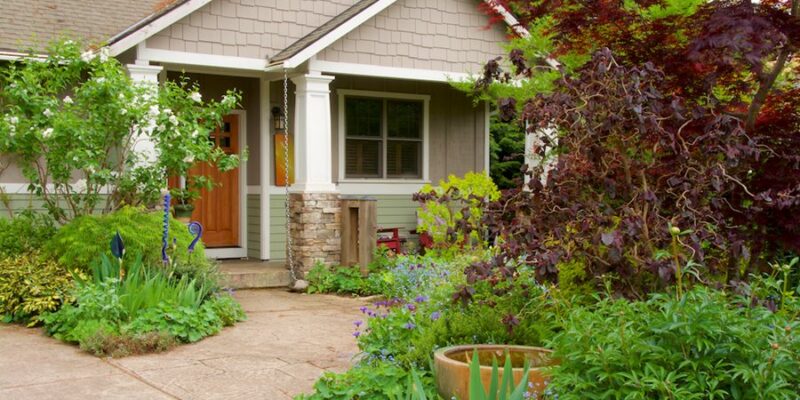



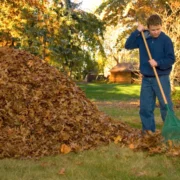
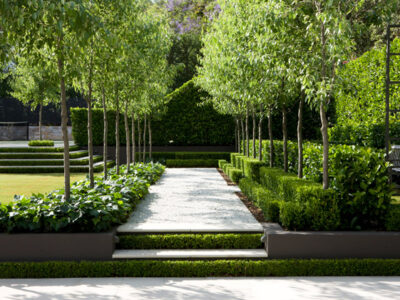
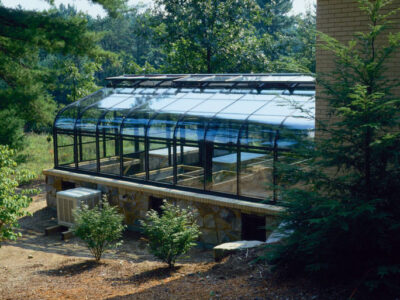
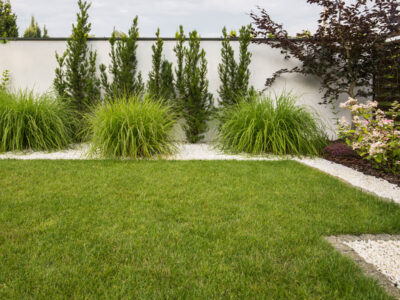
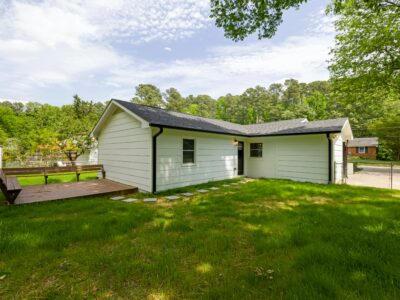
Comments